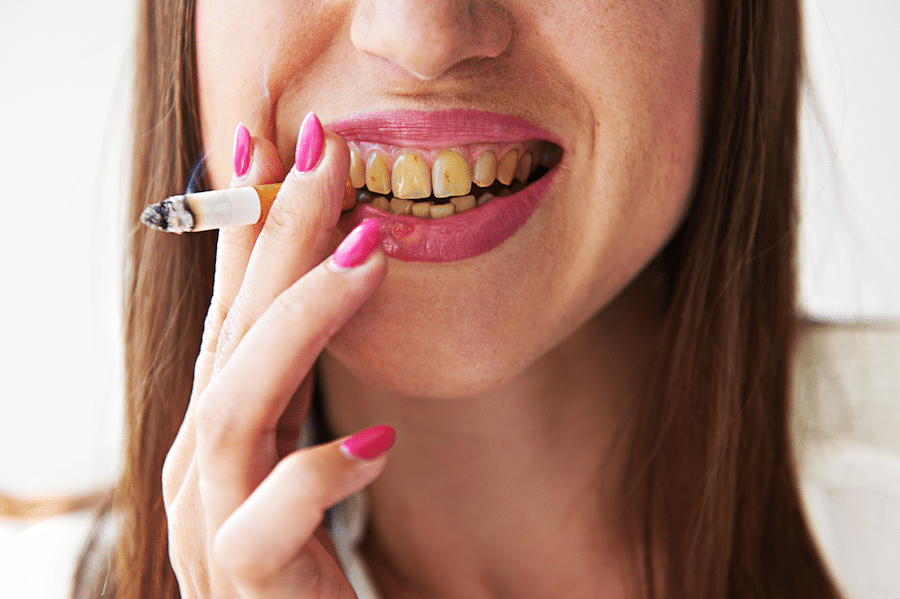Maintaining your oral health is far less difficult, time-consuming or expensive than restoring your oral health after something has adversely affected it. This is why your dentist invests as much time and effort in preventative dental procedures as is possible, and encourages you to do the same.
Just as is the case with your general health, there are certain habits that can improve or strengthen your oral health and certain habits that can adversely affect it. Tobacco use most certainly falls into the latter category. And while there is certainly no arguing that tobacco use is addictive and can therefore seem difficult or even impossible to permanently quit, it is important that one truly takes the time to understand precisely how tobacco use affects their oral health, and then make the effort to put an end to it.
The Relationship Between Tobacco and the Mouth
If you suffer from a tobacco habit, chances are that your medical doctor, and many others, have told you multiple times that this habit can have extensive and adverse effects on your health. Since your general health and oral health are very closely interconnected, it is safe to assume that whatever harms your general health can also harm your oral health. Beyond that basic truth, the following are some additional ways that tobacco habits can specifically harm your oral health:
- It can lead to halitosis. Halitosis, or chronic bad breath, is a condition that can greatly impact an individual’s interpersonal relations. After all, it can be very difficult for other individuals to get close to or carry on a conversation with someone who has bad breath. And unfortunately, the halitosis that results from tobacco habits–especially long-term tobacco habits–cannot be suppressed with simple things like brushing one’s teeth, chewing gum or sucking on breath mints. However, many individuals who suffer from tobacco-related halitosis can experience a dramatic improvement of this condition by quitting their tobacco habits.
- It can lead to gum disease. Tobacco is full of chemicals that can irritate the gums and cause infection and disease. Some of the most common symptoms of gum disease include receding gums, bleeding gums, and painful gums.
- It can lead to tooth decay. Like harmful oral bacteria that produces enamel-eroding acids, the residue of tobacco use can eat away at teeth, causing irreversible enamel erosion, breakdown and decay.
- It can lead to tooth discoloration. Tobacco is one of several substances that can severely stain the teeth, and often this staining is irreversible. Professional teeth whitening services can sometimes subtly improve minor staining caused by tobacco use, but in many cases the individual requires veneers to improve the aesthetics of a mouth that has been severely discolored by tobacco use.
- It can lead to oral cancer. It’s widely acknowledged that a tobacco habit can increase your risk of developing lung cancer, but it’s less well-known that it can also increase your risk of developing oral cancers. It is not uncommon for tobacco users to have ulcers or tumors on their tongue, gums, lip, or palette. Needless to say, this is not only uncomfortable or even painful to deal with, it can also put one’s general health at risk.
As difficult as it may be to conceive of, the only real way to protect one’s general and oral health is to quit all tobacco use. If you feel that you need help bringing this about, consult with your primary care physician, as he will be able to offer solutions that may work well for you.
For more information about how tobacco affects oral health, or to assess the damage caused by your tobacco use and work out a plan to reverse this damage, contact Dr. Saferin today.


